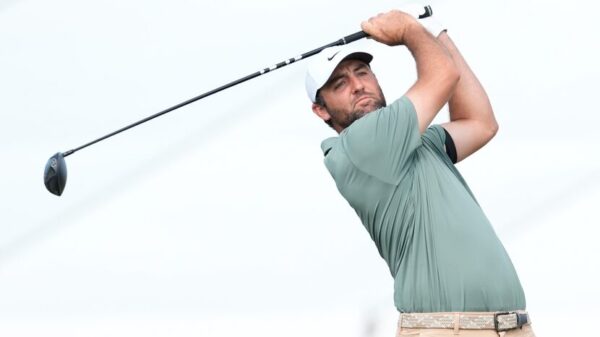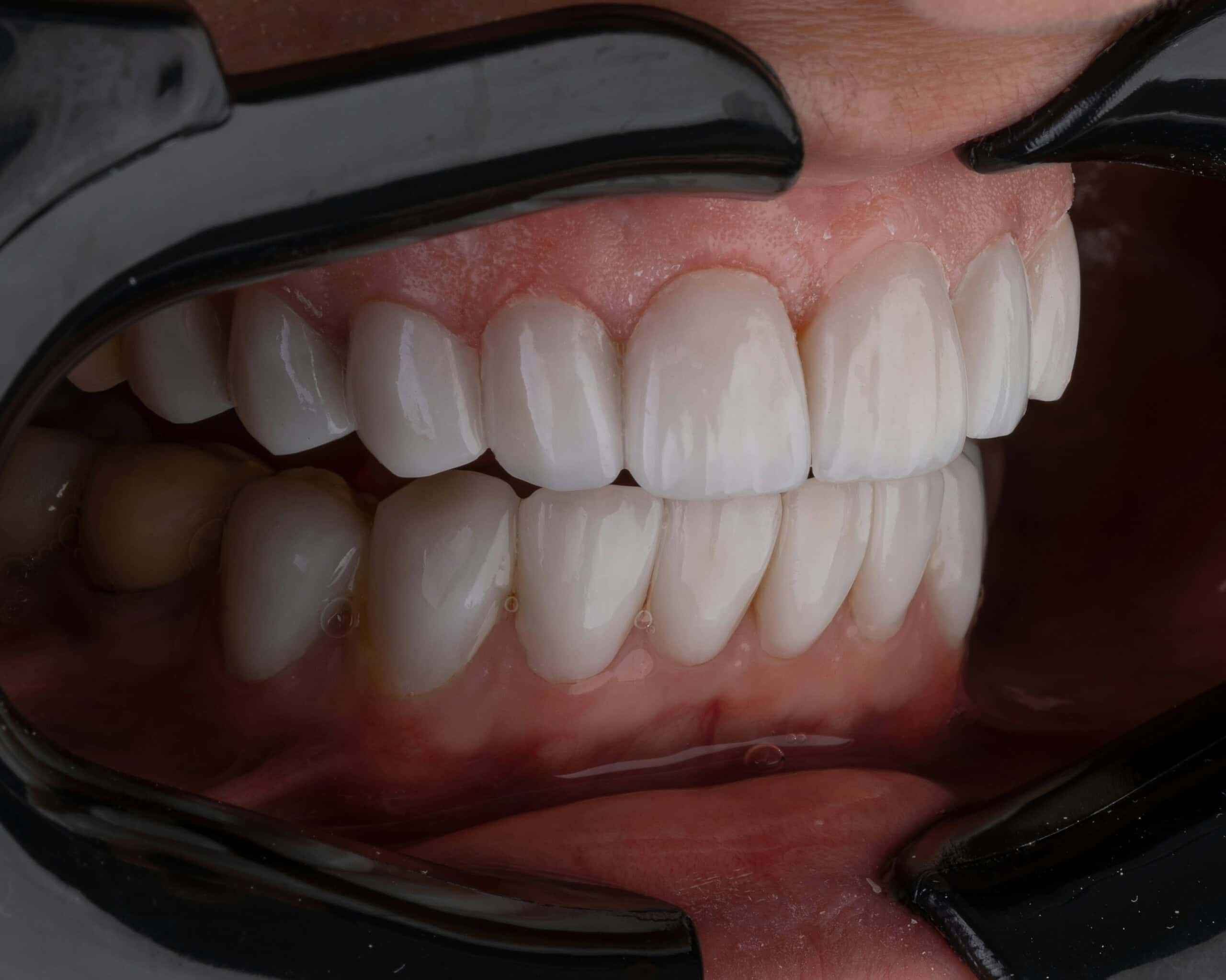Dental implants have long been celebrated for their durability and functionality, yet they have lacked the sensory feedback that natural teeth provide. This gap in technology may soon be bridged, thanks to a groundbreaking innovation from a team at Tufts University. The researchers have developed a bioengineered dental implant that not only fills the physical void left by missing teeth but also integrates with the body’s sensory network.
The innovation involves a novel approach that utilizes stem cells and a growth protein to connect the implant to nerve endings, potentially restoring the sensory feedback known as dental proprioception. This advancement represents a significant leap forward in dental technology, promising to enhance the experience of dental implants beyond their current capabilities.
The Science Behind the Innovation
Traditional dental implants, typically made from titanium and ceramic, are surgically anchored into the jawbone. While effective, this method bypasses the periodontal ligament, a crucial component filled with nerve endings that provide sensory feedback. The absence of this feedback can make chewing less precise and speech less fluid.
The Tufts team has addressed this issue by designing an implant wrapped in a biodegradable nanofiber coating. This coating contains stem cells and fibroblast growth factor-2 (FGF-2), which encourages the growth of nerve tissue. The goal is to recreate the natural nerve connections that provide the feedback loop essential for proper oral function.
Innovative Installation Technique
In addition to the sensory enhancements, the Tufts implant introduces a less invasive installation method. Traditional implants require drilling into the jawbone, a process that can be painful and damaging to nerves. The new technique employs a “press-fit” approach, where the implant is inserted smaller than the socket and expands to fit snugly, minimizing trauma and potentially reducing recovery time.
Currently, this method has been tested on rats, showing promising results. Six weeks post-implantation, the implants remained secure with no signs of rejection. Micro-CT scans revealed a small gap between the implant and bone, indicating the presence of a soft-tissue pocket where nerve connections are expected to develop.
Potential Impact on Dentistry
While the technology is still in its experimental stages, its potential impact on dentistry is immense. With approximately 178 million Americans missing at least one tooth and the dental implant industry projected to reach $13 billion globally, the demand for improved implant technology is significant.
By 2026, nearly a quarter of the U.S. population is expected to have at least one dental implant.
Restoring sensory feedback could prevent patients from over-biting, which can lead to fractures and jaw issues. It could also improve speech and potentially impact digestion and eating behavior. Some researchers suggest that impaired oral sensation might affect brain regions associated with speech, swallowing, and memory, highlighting the broader implications of this innovation.
Looking Ahead
The next phase for the Tufts team involves testing the implants on larger animal models, such as pigs or dogs, which have dental structures more similar to humans. If successful, clinical trials in humans could follow, paving the way for a new era in dental prosthetics.
Meanwhile, other exciting developments in the field include efforts in Japan to regrow human teeth and similar research on pigs. While these approaches are still in their infancy, they underscore the dynamic nature of dental research and the potential for transformative changes in oral healthcare.
The Tufts bioengineered implant represents more than just a functional replacement for missing teeth. It is a step towards creating a system that not only restores oral function but also reintegrates the sensory connections that make natural teeth so effective. As research progresses, this innovation could redefine what patients expect from dental implants, offering a future where implants are not just static fixtures but active participants in the body’s sensory network.
The study detailing this breakthrough was published in Nature Scientific Reports.





































































